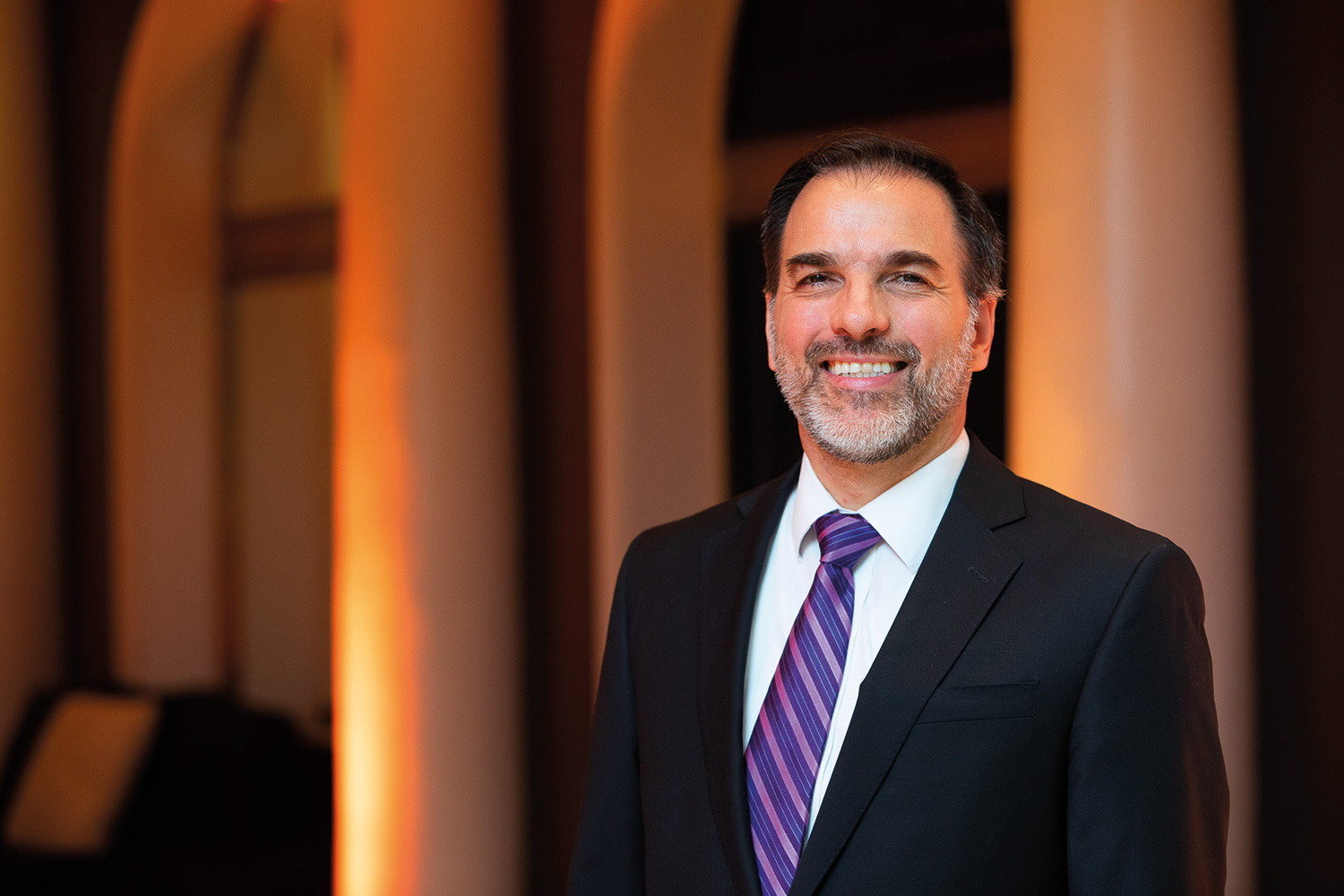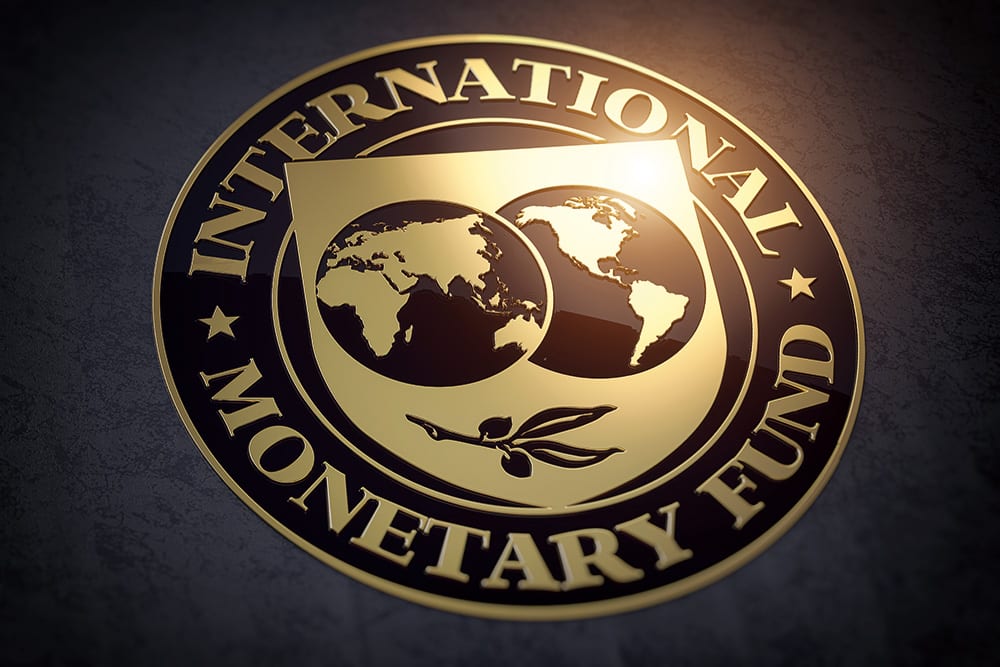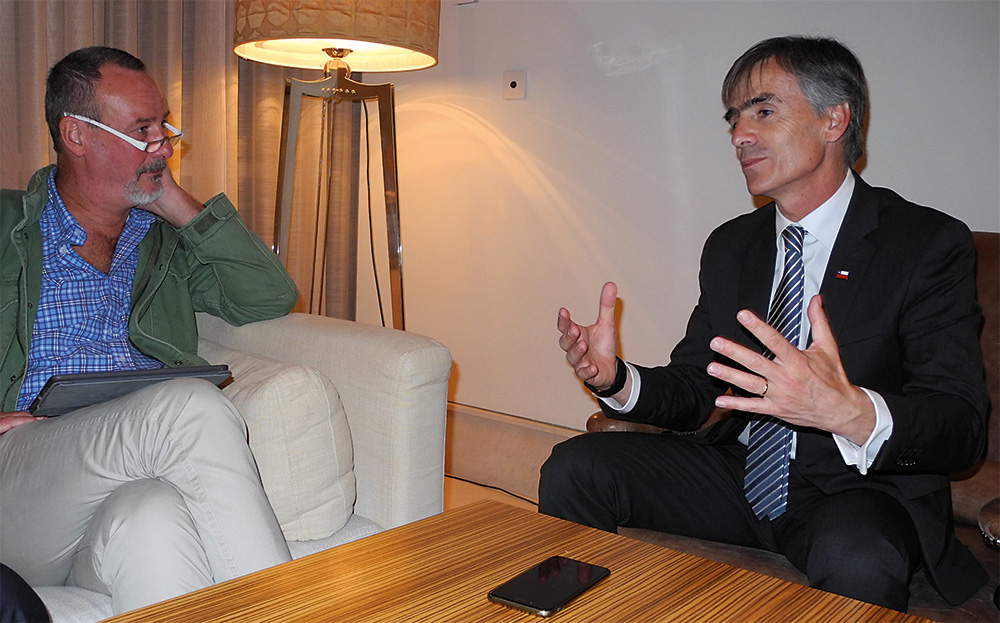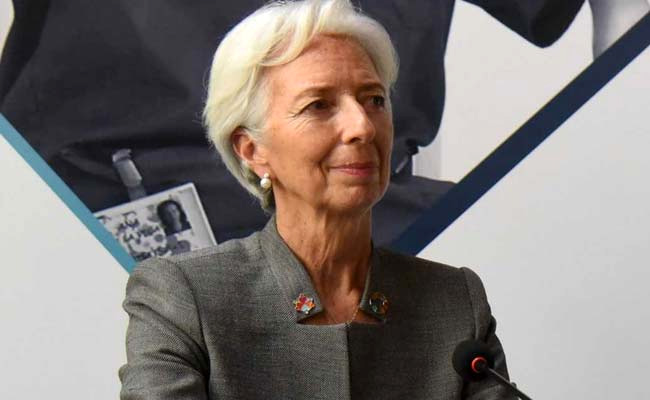[vc_row][vc_column width=”1/2″][vc_column_text]
Argentina
Argentina is among the largest economies in South America and a member of the G-20 and the regional trading group Mercosur. It is an upper-middle-income country with a human capital index above the Latin American average and the average for its income group. It has high levels of literacy, education and health. It is rich in natural resources, including arable land, gas, oil, lithium, and gold. Increases in shale oil and gas production from Vaca Muerta promise to make the country a net energy exporter by 2020. It also has great potential for solar and wind energy. Agriculture is export orientated and accounted for 51 percent of exports in 2017. The main agricultural exports are soybeans and related products, cereals, and beef. It also has a diversified industrial sector, with strong links to agriculture: agricultural machinery, beverages, and food processing. It also has a large automotive and automotive parts sector. ICT services accounted for 9.5 percent of exports in 2017. In recent years there has been increased investment to expand the broadband and fibre-optic networks. Argentina's politics and economy have been volatile over the last 140 years, with periods of high economic growth followed by severe recessions. Democracy was restored in 1983 and marked a turn towards greater economic liberalisation. Inflation remained a problem, but this was addressed by pegging the peso to the dollar in 1991. Privatisation, deregulation, and trade liberalisation then led to a period of strong growth, but by 2001 recession, high unemployment, and decades of excessive public borrowing led Argentina to default on its debt. In 2002, a floating exchange rate was adopted which led to an export led recovery and strong growth in tourism. The 2008 global recession led to a slowdown and the government responded by tightening capital controls and protectionism. These were somewhat reversed in 2015, and strong growth returned. The government also passed important pension, tax, and fiscal reforms. In 2018, external shocks put pressure on the economy and the government asked the IMF for help to stabilise the economy. Growth is expected to return over the next few years.
[/vc_column_text][vc_column_text] Its population in 2018 was 44,688,864 [1]
Its population in 2018 was 44,688,864 [1]
 In 2015, 10.04% of its total energy
In 2015, 10.04% of its total energy
consumption was renewable [2]
 In 2021, its GDP grew by 10.26% [2]
In 2021, its GDP grew by 10.26% [2]
 In 2021 it had a positive Current
In 2021 it had a positive Current
Account Balance of US$bn 6.32 [3]
 Its unemployment rate in 2021 was 9.31% [3]
Its unemployment rate in 2021 was 9.31% [3]
 Its Expenditure on R&D (as a percentage of
Its Expenditure on R&D (as a percentage of
GDP) in 2019 was 0.46% [2]
 A Big Mac will set you back the
A Big Mac will set you back the
local equivalent of US$2.00 [4]
What free trade areas or economic unions is it a member of?
Member of the Southern Common Market (MERCOSUR) since 26/03/1991
Other members:
What trade deals are there between Southern Common Market and other countries and economic unions?
MERCOSUR - Egypt free trade agreement (from 29/01/2026)
MERCOSUR - Israel free trade agreement (from 29/01/2026)
MERCOSUR - Lebanon free trade agreement (from 29/01/2026)
MERCOSUR - State of Palestine free trade agreement (from 29/01/2026)
MERCOSUR - CAN free trade area (from 31/12/2003)
MERCOSUR - India partial scope agreement (from 01/06/2009)
MERCOSUR - SACU partial scope agreement (from 01/04/2016)
MERCOSUR - Mexico partial scope agreement (from 28/12/2016)
MERCOSUR - Chile partial scope agreement (from 10/03/2017)
[/vc_column_text][vc_column_text]What trade deals are there with other countries and economic unions?
Argentina - Mexico partial scope agreement (from 01/01/1987)
[/vc_column_text][/vc_column][vc_column width=”1/2″][vc_column_text]Uruguay: A Near-Perfect Country to Live, Work, and Play Post-Covid-19
Interest Rate Hike Key to Turkey’s Economic Fortune
EY on COVID-19 Pandemic: An Opportunity for Reinvention of Family Enterprises
Argentina Looks Good, Brazil Not So Much
Sell in May and Go Away
Debt Relief Needed to Preserve 30 Years of Progress
Mohamed A El-Erian: How the IMF Can Battle Gradual Irrelevance
Chile Minister of Economy, Development, and Tourism José Ramón Valente: Escaping the Middle-Income Trap
CFI.co Meets the Provincia Fondos Management Team: The Team who Made it Possible
Kenneth Rogoff: Are Emerging Markets the Canary in the Financial Coal Mine?
Trade with the United Kingdom
Source: UK Office for National Statistics, October 2022.
Contains public sector information licensed under the Open Government Licence v3.0.



























































































